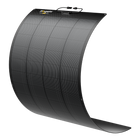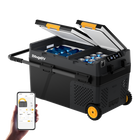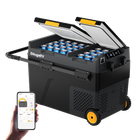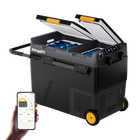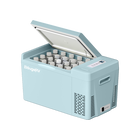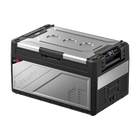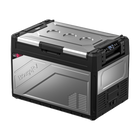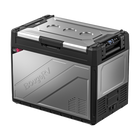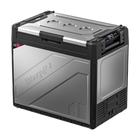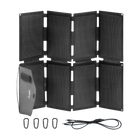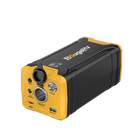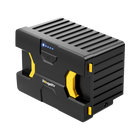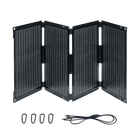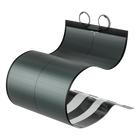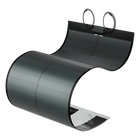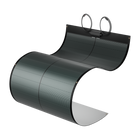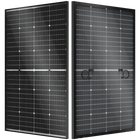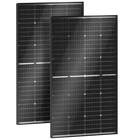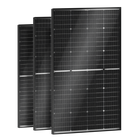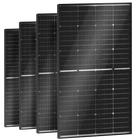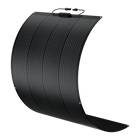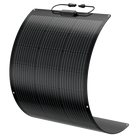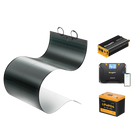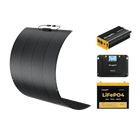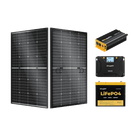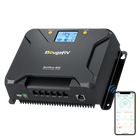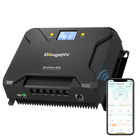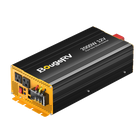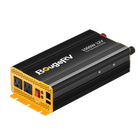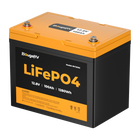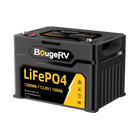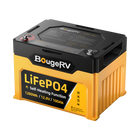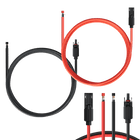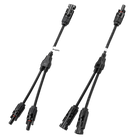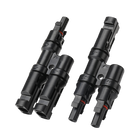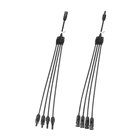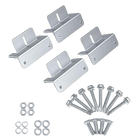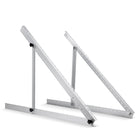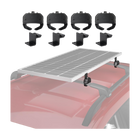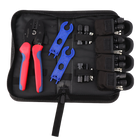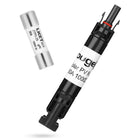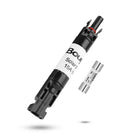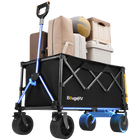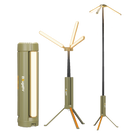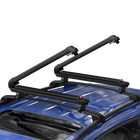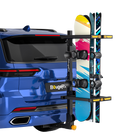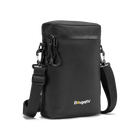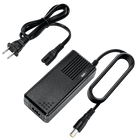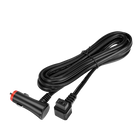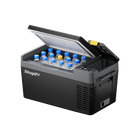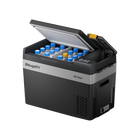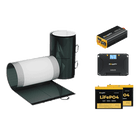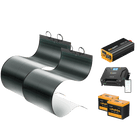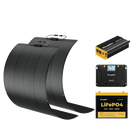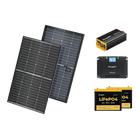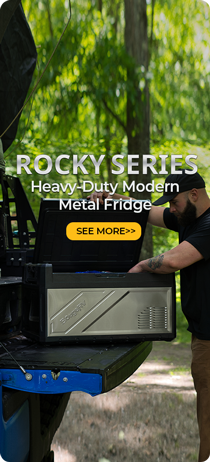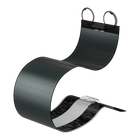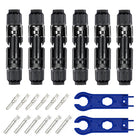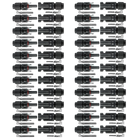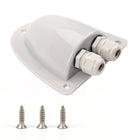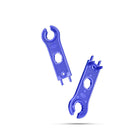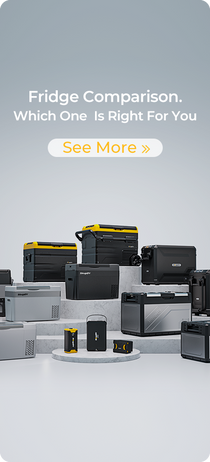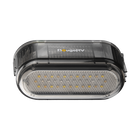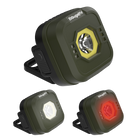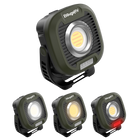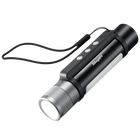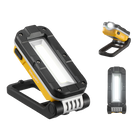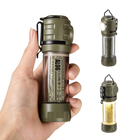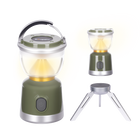Solar Panels for Car Roofs that Generate Electricity


Can you imagine having solar panels on the roof of your car that generate electricity and provide a few extra miles? It's always fascinating to save money on gas, which is currently at an all-time high, by generating free electricity with solar panels. Another advantage of installing a solar panel on the roof of a car is that it helps to save the environment because solar energy is clean.
So, yes, this is a possibility. I mean, installing solar panels on the car roof is possible. And you can do it easily if you know how to choose the right type of solar panels for the job.
However, before planning for solar panels for your car, one must be clear on the purpose of putting the solar panel first. Solar panels can be used as an auxiliary source of electricity for a car because the car roof is very small in comparison to the energy required to fully charge the batteries. Solar panels can also be used to power other car appliances such as air conditioners and music systems. Hence, your goal of electrifying your car with a solar panel is critical.
The second thing you should think about before you start planning is the roof area of your car or how big it is. The larger the better, because the area of the solar panels directly affects energy generation. The third important factor to consider is the type of mounting system you will use to secure the solar panels to the car's roof.
Check out this article to learn how to choose the best solar panel for your car roof and install it.
- Solar Panels in the Market
- Why Flexible CIGS Solar Panels Are Best Suited for Car Roofs?
- CIGS Solar Panel Technology
- How to Install a CIGS Solar Panel on the Car Roof?
- Summary
- FAQs
Solar Panels in the Market
Most solar panels on the market use monocrystalline or polycrystalline silicon cells. These panels are hard, heavy, and non-flexible. Car roofs are always curvy as the car is designed to reduce the drag created by the air when it is moving fast. As we know a c ar is moving inside a fluid called air. When something moves inside a medium, an opposing force is always created called drag. To reduce the opposing force, the car body is designed curvaceous. This curvy body creates difficulty in fixing the hard panels like crystalline modules on a car roof. Also, as the car moves at a 70-80 miles per hour speed, it creates a lot of wind pressure on the solar panels on the top of the car roof.
Why Flexible CIGS Solar Panels Are Best Suited for Car Roofs?
Solar panels that are light and flexible are best suited for the car roof for obvious reasons. Flexible CIGS panels are very light in weight and 3600 flexible. It is also aesthetically pleasing, sticks to the car body, and is easily wearable.
Whoever ever has tried the flexible CIGS solar panel from BougeRV for their car has always given positive feedback and was an absolute delight for them. There are reasons for that.


CIGS Solar Panel Technology
Flexible CIGS solar panels are the latest technological marvel. These cells are the most recent breakthrough in thin-film solar. CIGS is a copper indium gallium selenide solar cell, a thin-film photovoltaic device that uses a semiconductor layer of copper indium gallium selenide (CIGS) to absorb sunlight and convert it into electricity.

The CIGS film acts directly as a bandgap material and forms a heterojunction due to the unequal bandgaps of the two dissimilar materials. Thin-film cells are deposited on substrates such as flexible polymeric materials. The cell is constructed so that light enters through the transparent front ohmic contact and is absorbed by the CIGS layer. Those electron-hole pairs are formed a "depletion region" at the heterojunction of the p- and n-conducting materials on the cadmium-doped surface of the CIGS cell. This separates electrons from holes, creating an electric current.
CIGS solar cells can be fabricated on flexible substrates, making them suitable for a variety of applications where crystalline solar cells and other rigid products are not suitable. Also, CIGS solar cells weigh a fraction of silicon cells and are unbreakable without glass. For example,a BougeRV 200W CIGS solar panel only weighs 3.2 Kg. Flexible CIGS solar panels can be easily attached to curved surfaces such as cars, trailer trucks, and planes. Their low profile minimizes drag and does not add significant weight.
How to Install a CIGS Solar Panel on the Car Roof?
Compared to rigid crystalline solar panels, flexible CIGS solar panels are very easy to fix on any surface. Hard solar panels are also heavy compared to flexible CIGS panels as these panels have glass which is atleaset3.2mm thick. Aluminum or steel panel mounting structures or racking systems is required to mount the hard crystalline panels. Skilled manpower is required to fix these types of panels which make them more costly.
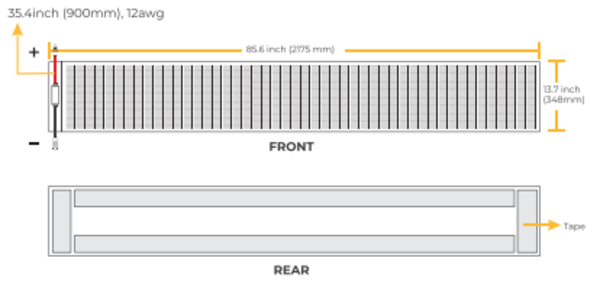
But flexible CIGS panels are very easy to fix particularly on car roofs. BougeRV CIGS solar panels have protection adhesive tape on the back side of the solar panel. One just to peel the adhesive tape and fix it on the car roof. Then connect the panel to the charge controller of the battery system. It is as simple as that.
Summary
Flexible CIGS solar panels are the best solar panel to fix on a car roof that comes with multiple benefits:
- Flexible CIGS panels are flexible and lightweight
- As it is flexible, it can be easily attached to the curvy car roof
- As BougeRVsolar panels come with adhesive tapes, it does not require any other metallic racking system to fix it
- As the flexible solar panel tightly hugs the car roof, the wind pressure on it very less, and safe for driving
- There is no fear of panel breakage
- As the efficiency of the CIGS panel is high is more light sensitive, and it produces more electricity
- It is aesthetically pleasing
BougeRV is dealing with flexible CIGS solar panels in the North American market. If solar panels on the car roof are on your mind, do visit the BougeRV for its highly rated flexible CIGS panels. Leave your details here, and an authorized person from BougeRV will contact you to help you choose and fix solar panels on your car body.
FAQs
What is the life of CIGS solar panels?CIGS solar pales have a very long lifetime. Typically, a CIGS solar generates electricity for 25 years. But the other silicon-based thin film solar panels have a lifetime of only 10 to 15 years.
Thin-film technology is used to create flexible CIGS cells. As a result, unlike crystalline silicon solar cells, they allow for different panel configurations. CIGS solar panels are monolithically interconnected (MLI) panels, which are made up of devices that are grown on a single flexible substrate and connected in series using a laser scribe. Many of the solder points and diodes that are common in crystalline panels and are points of failure are eliminated as a result.






